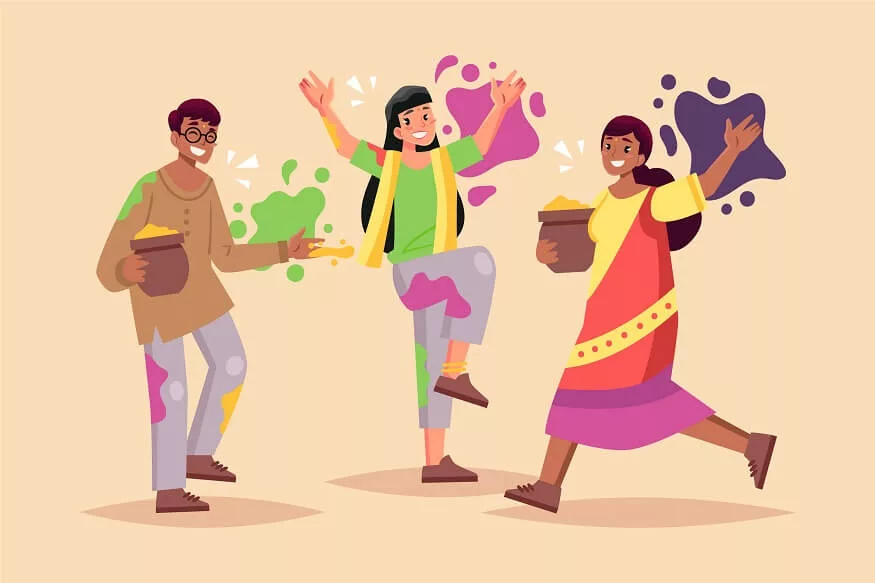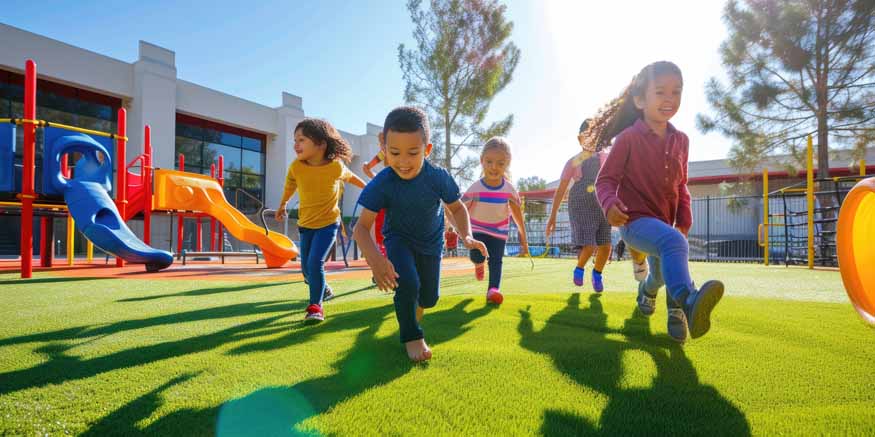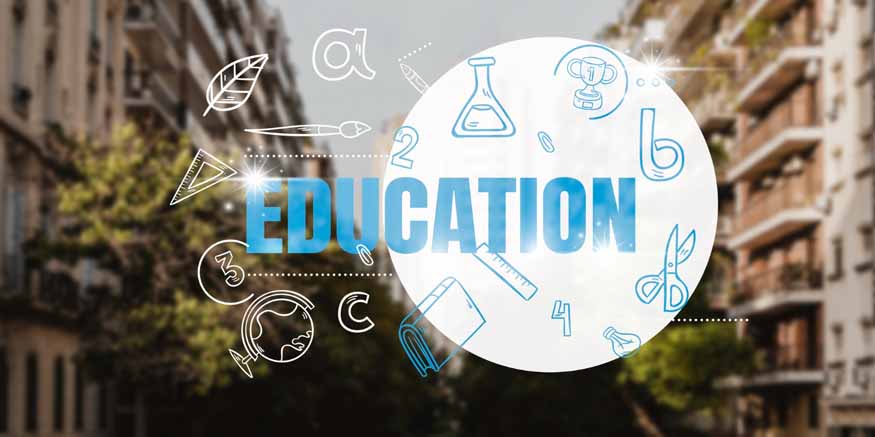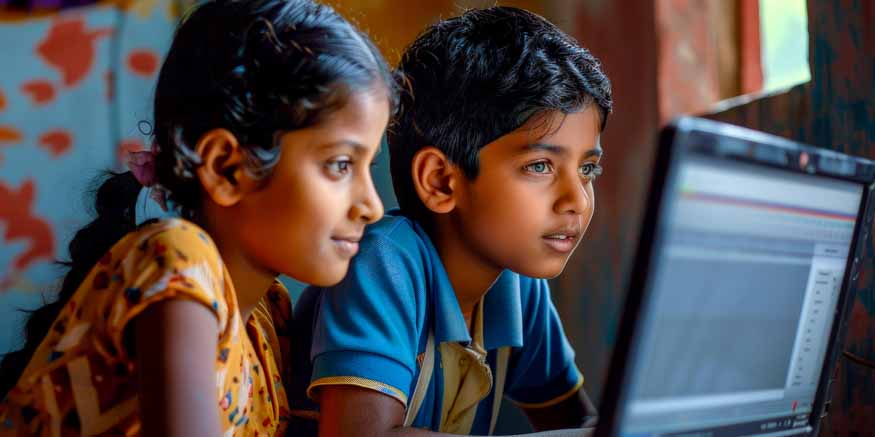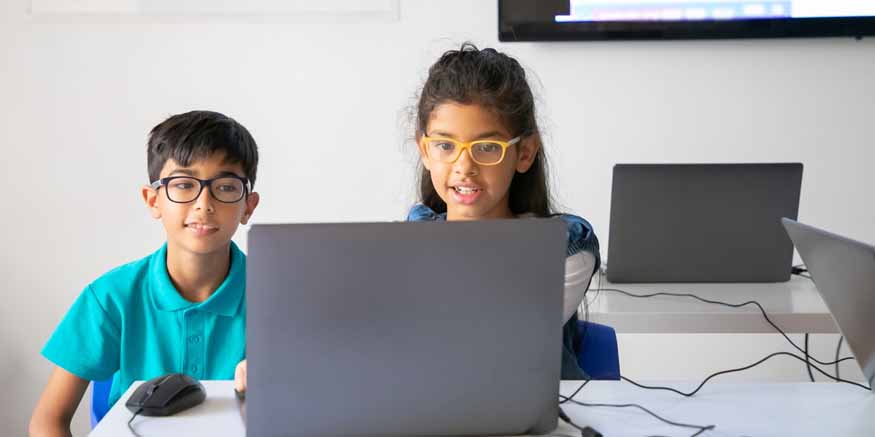India, a land of incredible diversity and rich cultural heritage, showcases its vibrant tapestry through numerous famous festivals celebrated with great enthusiasm. Among these, religious festivals of India hold a special place, eagerly awaited by kids and families alike. These religious festivals of India not only bring joy and excitement but also impart valuable lessons about traditions and values. In this, we will explore some of the most famous festivals of India that kids adore, highlighting the grandeur and splendour that make them unforgettable experiences for young hearts.
- Diwali – The Festival of Lights
- Holi – The Festival of Colours
- Eid-ul-Fitr – The Festival of Breaking the Fast
- Navratri – The Festival of Nine Nights
- Independence Day – A National Festival
- Republic Day – Celebrating India’s Constitution
- Ganesh Chaturthi – The Festival of Lord Ganesha
Diwali, also known as the “Festival of Lights,” is a religious holiday that is extensively observed in India and symbolises the triumph of virtue over evil. It signifies Lord Rama’s arrival back in Ayodhya following his victory over the evil king Ravana. Kids eagerly anticipate Diwali as it brings with it a plethora of delightful activities. Decorating homes with intricate rangoli designs and placing brightly lit diyas (oil lamps) creates an ambience of warmth and joy.
Bursting crackers is an exhilarating experience for children, who revel in the dazzling display of lights and colours in the night sky. On religious festivals of India families come together to exchange sweets and gifts, making the festival even more memorable. Famous festival Diwali indeed offers an amalgamation of cultural, social, and spiritual significance, instilling a sense of unity and happiness in young minds.
Also read : Krishna Janmashtami 2023 – Know All about the Festival
Holi, known as the “Festival of Colors,” is another cherished celebration that captures the hearts of kids across India. This exuberant festival marks the arrival of spring and signifies the victory of good over evil. The air fills with excitement and joy as children, armed with water guns and vibrant coloured powders, participate in friendly water and colour fights.
Holi celebrations start with a bonfire called “Holika Dahan,” symbolising the triumph of virtue over vice. The next day, kids and adults alike come together to drench each other in an array of hues, creating an atmosphere of pure delight and camaraderie. This colourful revelry strengthens bonds among family and friends and fosters a sense of unity beyond cultural boundaries.
Eid-ul-Fitr, also known as “Meethi Eid,” holds immense religious significance for the Muslim community in India. After a month of fasting during Ramadan, children eagerly anticipate the sighting of the crescent moon, which marks the beginning of Eid celebrations. On this day, families gather for special prayers at the mosque, seeking blessings and forgiveness.
The delightful aroma of traditional delicacies fills the air as households prepare delectable feasts to share with loved ones. Children receive “Eidi,” monetary gifts from elders, which adds to their excitement and joy. The festive atmosphere reflects the spirit of love and brotherhood, making Eid-ul-Fitr a time of celebration, gratitude, and compassion.
Also read : Ganesh Chaturthi 2023: Why Ganpati Utsav Is So Important to Us
Navratri, the “Festival of Nine Nights,” is dedicated to the worship of Goddess Durga and her various manifestations. This famous festival holds immense cultural importance in different regions of India, with each state celebrating it uniquely. For kids, Navratri is a time of vibrant festivities, where they actively participate in the colourful and energetic Garba and Dandiya Raas dances.
Donning traditional outfits, children come together with friends and family to dance in circles, expressing their joy and devotion to the goddess. The rhythmic beats of the dandiya sticks and the colourful attire create an atmosphere of merriment and unity. Navratri is not only a time of celebration but also an occasion to learn about Indian mythology and culture, making it a cherished experience for kids.
Independence Day, celebrated on 15th August, is a national festival of India that fills young hearts with immense pride and patriotism. Children participate in various events and activities at schools and communities to mark the day when India gained its freedom from British rule.
With tricolour flags in hand, kids proudly participate in flag hoisting ceremonies and sing the national anthem with great zeal. Schools organise cultural programs, where children showcase their talents through performances, speeches, and patriotic songs. The National festival of India serves as a reminder of the sacrifices made by freedom fighters, instilling a sense of gratitude and responsibility in young minds to uphold India’s sovereignty and unity.
Also read : Dussehra 2023: Why do we celebrate Dussehra or Vijaya Dashami?
Republic Day celebrated on 26th January, is another significant national festival of India that kids eagerly await. This day marks the adoption of the Indian Constitution, which established India as a sovereign, socialist, secular, and democratic republic. The grand Republic Day parade in New Delhi becomes the centre of attraction, showcasing India’s diversity, culture, and military prowess.
Children watch in awe as marching bands, impressive tableaux from different states, and the breathtaking air show by the Indian Air Force unfold before their eyes. This national festival of India celebrates a sense of national pride and unity, as kids witness the country’s strength and its commitment to diversity.
Ganesh Chaturthi, also known as Vinayaka Chaturthi, is a significant religious festival celebrated across India, especially in Maharashtra. This joyous occasion honours Lord Ganesha, the elephant-headed deity, who is revered as the remover of obstacles and the god of wisdom and prosperity. Kids eagerly anticipate Ganesh Chaturthi as it brings a vibrant and festive atmosphere to their communities.
Ganesh Chaturthi spans over ten days, and each day brings distinct rituals and festivities. Kids enjoy singing bhajans and performing cultural events, expressing their devotion to Lord Ganesha. On the final day, a grand procession is carried out to immerse the Ganesha idols in water bodies, symbolising the return of the lord to his divine abode.
The eco-friendly approach to celebrating Ganesh Chaturthi has gained popularity, encouraging children to use eco-friendly materials for making idols and avoiding harmful pollutants. This not only protects the environment but also imparts valuable lessons of environmental responsibility to young minds.
These festivals of India fosters a sense of community bonding as people come together to celebrate, share sweets, and exchange greetings. Children eagerly participate in the festivities, dancing and singing with joy and enthusiasm.
Also read : Navratri 2023: Story of Navratri for kids and ways to celebrate with them
Conclusion
India’s famous festivals offer a plethora of colours, lights, and joy, making them an enthralling experience for kids. From religious festivals that teach them about traditions to national festivals that instil a sense of pride and patriotism, each celebration leaves an indelible mark on young hearts. The festive spirit unites people of all ages, fostering harmony and love among communities. As kids revel in these festivities, they carry forward the legacy of cultural celebration that has been an integral part of India’s identity for centuries. Through these joyous occasions, kids learn to appreciate their heritage and embrace the rich diversity that makes India truly extraordinary.
EuroSchool provides a delightful learning experience for kids about the diverse festivals of India celebrated in India. Through interactive activities and engaging presentations, children get to explore the significance, rituals, and cultural importance of festivals like Diwali, Holi, Eid-ul-Fitr, Navratri, Independence Day, Republic Day, and Ganesh Chaturthi. The school encourages children to actively participate in festive celebrations, allowing them to appreciate India’s rich heritage and values. By immersing themselves in these joyful occasions, students learn valuable life lessons about unity, respect for different cultures, and the spirit of togetherness. EuroSchool ensures that children cherish these religious festivals of India in their memories as they grow, fostering a deep sense of cultural understanding and appreciation.

